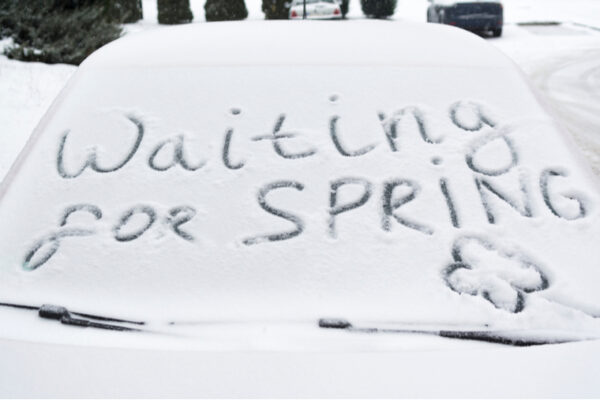Proton therapy as effective as standard radiation with fewer side effects
A new study, led by the Washington University School of Medicine in St. Louis and the Perelman School of Medicine at the University of Pennsylvania, suggests proton therapy is as effective as traditional X-ray radiation therapy while causing fewer serious side effects.
Why isn’t there a vaccine for staph?
A study from the School of Medicine may help explain why previous attempts to develop a staph vaccine have failed, while also suggesting a new approach to vaccine design that focuses on activating an untapped set of immune cells.
2019 in review: a year of change, a year of discovery
In celebration of another year of change and discovery at Washington University in St. Louis, the Source shares some of its most-read stories of 2019.
Chimpanzees more likely to share tools, teach skills when task is complex
New Arts & Sciences research finds that chimpanzees that use a multi-step process and complex tools to gather termites are more likely to share tools with novices. The study helps illuminate chimpanzees’ capacity for prosocial — or helping — behavior, a quality that has been recognized for its potential role in the evolution of human cultural abilities.
‘Lost crops’ could have fed as many as maize
For thousands of years, goosefoot and knotweed were grown as crops, possibly feeding as many indigenous people of North America as corn. But the domesticated forms of these lost crops became lost over the years, and now a Washington University in St. Louis archaeologist is trying to figure out why — and recreate them.
Scientists find way to supercharge protein production
Researchers at Washington University School of Medicine have found a way to increase protein production up to a thousandfold, a discovery that could aid production of proteins used in the medical, food, agriculture, chemical and other industries.
Grain traits traced to ‘dark matter’ of rice genome
Researchers from Washington University in St. Louis and the Chinese Academy of Agricultural Sciences discovered that rice domestication relied on selection for traits determined by a poorly understood portion of the rice genome.
New Year’s resolution: Wait until spring
Winter is dark. It’s exhausting. It also features the flu, colds and a tendency to stay indoors. So is Jan. 1 really a good time for resolutions? WashU’s Tim Bono has a better idea: Wait a few months.
And then there was light
New research from Washington University in St. Louis provides insight into how proteins called phytochromes sense light and contribute to how plants grow. Biologists used sophisticated techniques to structurally define the sequence of events that support the transition between light- and dark-adapted states.
Asthma severity linked to microbiome of upper airway
A new study from the School of Medicine showed a correlation between the types of bacteria in the upper airway and severity of asthma symptoms. The study will lead to future research seeking possible ways to alter the airway microbiome to reduce asthma severity.
View More Stories









